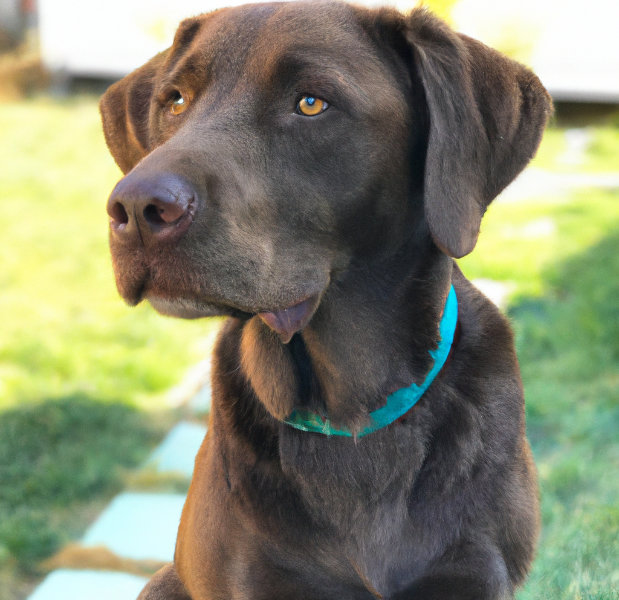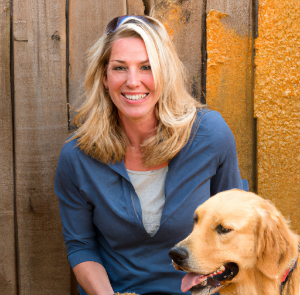The Chesador is a joyous mix of two beloved canine breeds - the Chesapeake Bay Retriever and the Labrador. Although designer dogs such as this one are becoming increasingly popular, they do not qualify for
American Kennel Club recognition; however, they can be accepted by the
International Designer Canine Registry.About Chesador
Many people are unaware that Chesapeake Bay Retrievers and chocolate Labs come from the same ancestral source, the Newfoundland. While Chesapeake Bay Retrievers typically exhibit independence and a tendency towards stubbornness, Labs tend to be friendly and eager to please. When it comes to Chesador puppies, however, you may find that their personalities combine characteristics of both breeds for an even more unique companion!
Physical Traits
Chesapeake Bay Retrievers, or Chessies, offer a range of beautiful coat colors from "dead grass" to chocolate, tailored for their environment. Labs come in black, yellow and chocolate, with black being the most popular color and chocolate being the least common. Chesador puppies can proudly feature any of these colors in their coats, and a single litter of Chesadors may present an array of colors.
Chesadors also display the iconic wavy fur that is so closely associated with their Chessie relatives. Even in size, Chessies and Labs remain comparable, as most grown Chesadors will weigh anywhere between 60 to 75 pounds.
Exercise
Because both parent breeds are energetic, active dogs, all Chesadors require a significant amount of daily exercise. Walking or running helps expend some of their energy, and these dogs love retrieving games like chasing tennis balls, discs or training dummy sticks. Most Chesadors also love to swim and take to the water with great enthusiasm.
Grooming
By providing your Chesador with the appropriate grooming, you can keep its coat looking great without having to worry about too much trimming. Bathing every three to five weeks helps keep the natural oils of the coat intact and prevent dry skin, while brushing helps distribute these oils evenly. Additionally, taking care to clean and check your dog's ears regularly can help ensure that any potential ear infections or wax buildup are caught early on.
Health Concerns
Both Chessies and Labs are prone to hip dysplasia, the effects of which can be detected by x-ray at around three years of age. There are ways to lessen the severity of dysplasia and arthritis though, such as a diet containing joint support supplements like glucosamine and chondroitin. Additionally, Chesadors may also suffer from degenerative eye problems in their later years, so it's important to have regular wellness checkups and take precautionary measures for your dog's well-being. Doing so could make all the difference in maintaining a high quality of life for your pup.

